Featured Resource
Why Over Half of California School Districts Trust SchoolStatus
Read More >Join Mission: Attendance to reduce chronic absenteeism in 2025-26! >> Learn How <<

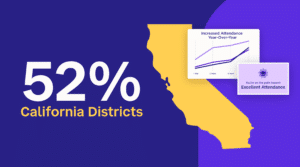



Ellen Eisenberg, Executive Director of The Professional Institute for Instructional Coaching (TPIIC), explains the importance of giving your coachee a voice and how to use questions to drive conversations.
Asking questions is a focused way to begin conversations around teaching and learning. Similarly, as a coach, helping teachers identify goals is an effective way to start working with colleagues. Let the teachers voice their thoughts, opinions, hopes, and goals by asking questions about what goals are important to achieve and in what order it makes the most sense to accomplish them.
Giving your colleagues voice and choice is critical to establishing a trusting relationship. This shows your colleagues that your opinions are not as important as their own thoughts (i.e. your ego is not front and center). Without regard to the position, experience, or grade level of the person being coached, the idea of helping the coachee come to their own conclusions through the questioning process will not be the takeaway. Take to heart the words of Isobel Stevenson (Connecticut Center for School Change) in the June 2017 issue of Learning Forward Journal, The Learning Professional: “Asking the right question at the right time affords the possibility that there is another way to approach an issue.”
Know how and when to pat and push, nag and nurture without overstepping the boundaries of the connections you’re making. Understand that there are barriers—either self-imposed or involuntary—that might influence reactions when working together. Remember, collaboration doesn’t always come naturally. Teachers are accustomed to working in isolation. Exposing a “weakness” doesn’t happen automatically, easily, or without the possibility of a pushpack. After all, the first encounter with “support” that a teacher experiences is usually being observed and evaluated by an administrator. That’s why it’s crucial for coaches to begin their coaching interactions slowly, steadily, non-invasively, and always related to goal setting.
Coaches don’t evaluate practice, they assess needs by visiting; supporting, not directing; valuing, not dismissing differences in opinion and ways to approach teaching and learning. Their visits are non-evaluative and deliberate. Just like teachers must assess their students’ needs in a classroom, coaches must understand, acknowledge, and plan how to move practice forward, approaching their colleagues with respect and understanding.
Coaches make data-driven decisions about how to support colleagues and rely on these same colleagues to keep the communication cycle consistent and transparent. They work with their teaching colleagues to help build capacity, improve student outcomes, and increase student engagement. More importantly, they know the appropriate questions to ask in the “before,” “during,” and “after” sessions to help their colleagues identify, deliver, and gauge their own effective instructional practice.
Coaching is a messy and humbling experience—an incredible time of learning for all! Coaches should be familiar with their own learning style, strengths, and areas of need in order to support colleagues to their full potential. When practicing the habit of asking questions when working with a coachee, the coach continues to grow their own skill set, as well. If we engage in a process designed to promote growth, that really means growth and learning for everyone.
I’ll leave you with a few coaching tips for asking questions:
Ellen B. Eisenberg is the executive director of The Professional Institute for Instructional Coaching (TPIIC), and the former executive director of The Pennsylvania Institute for Instructional Coaching (PIIC) from 2009-2018. Established in 2018, TPIIC is a research-based resource for developing and supporting the delivery of consistent, high-quality professional development and professional learning around instructional coaching and mentoring designed to help teachers implement effective instructional practices.
 Ellen EisenbergEllen B. Eisenberg, Executive Director of The Professional Institute for Instructional Coaching (TPIIC), led The Pennsylvania Institute for Instructional Coaching (PIIC) from 2009-2018. Founded in 2018, TPIIC is a research-based hub offering high-quality professional development and learning in instructional coaching, aiding teachers in implementing effective practices.
Ellen EisenbergEllen B. Eisenberg, Executive Director of The Professional Institute for Instructional Coaching (TPIIC), led The Pennsylvania Institute for Instructional Coaching (PIIC) from 2009-2018. Founded in 2018, TPIIC is a research-based hub offering high-quality professional development and learning in instructional coaching, aiding teachers in implementing effective practices.
News, articles, and tips for meeting your district’s goals—delivered to your inbox.

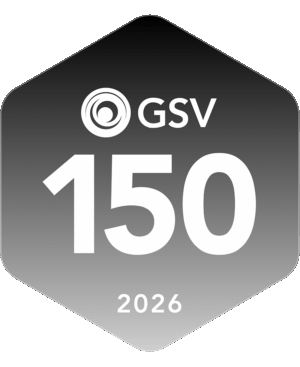


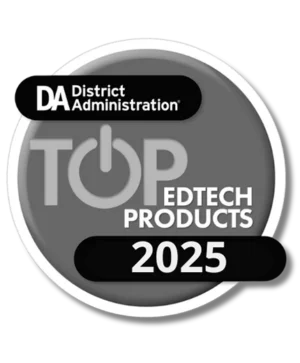


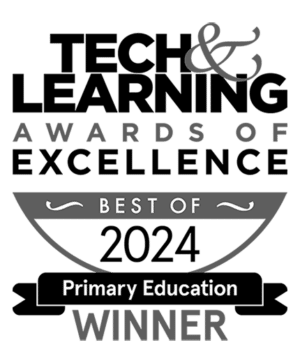

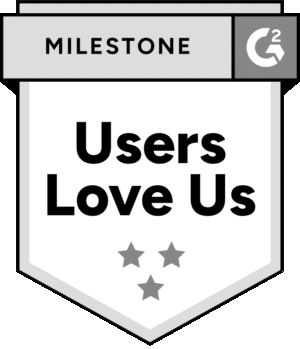
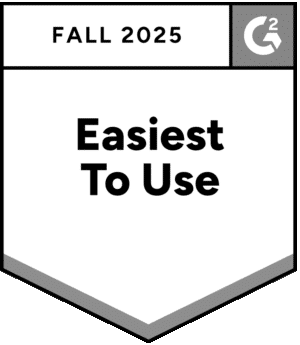
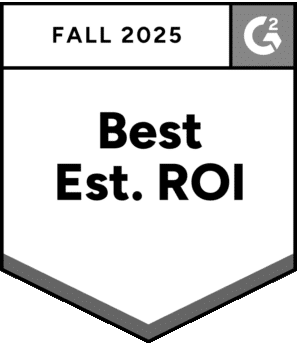


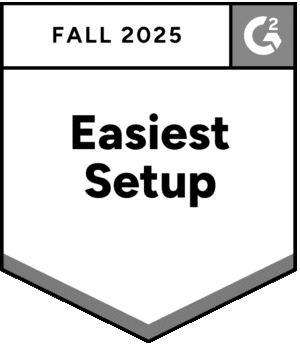
Ready to learn more about our suite of solutions?
